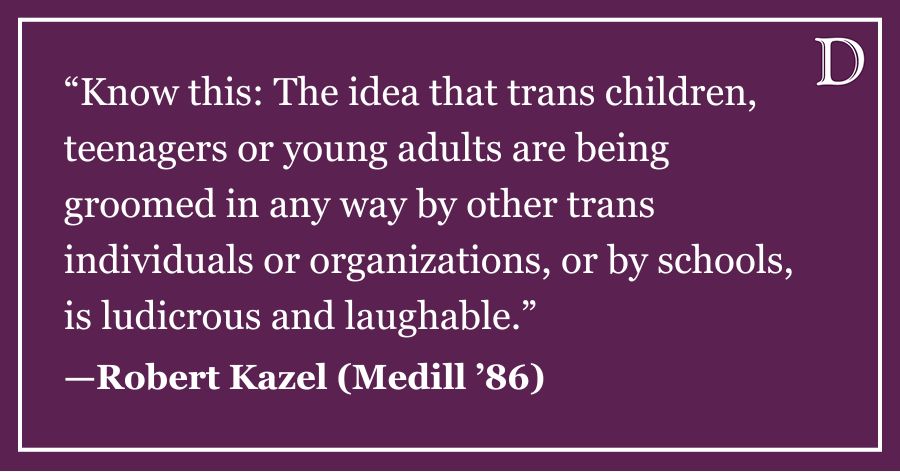Recently, I was surveying the news when I found two stories sitting side-by-side on CNN’s homepage. The columns, about Harvard’s operational deficit and the difficulty college graduates have in finding employment, raise a lot of interesting questions. Is college still worth it? Are millennials really a “me” generation? Is Harvard overrated?
To these I say: yup, some of them, and hell yes, respectively. But I think these stories raise a bigger concern, and that is for all of our focus on STEM fields, finding internships and prepping for the workforce, college students have completely lost sight of some of the most basic skills that are central not to their ability to land a sexy job with a dental plan but to make the most of whatever you have.
Most specifically, I’m referring to general financial skills. It’s incredible how few young adults have any basic idea of budgeting, saving for retirement and emergencies, and living within one’s means. For some people, payday is something that happens every time you ask mommy to put money in your account.
Now, that’s not to say being financially dependent on your parents is bad. I most certainly am, and I’m very grateful for their support, which allows me to go to an out-of-state university. For most students here, and at schools in general, I suspect that this is the typical experience, and it’s a good one; your parents support you, you support your children, and so on and so forth.
However, I have held multiple work-study jobs and have worked since I was 15 years old. I knew when I could afford to go out on a fancy date or spend a night with friends at a casino, and when to cut back. I even know what it’s like to kiss part of your paycheck goodbye to taxes (thanks, Obama!). That my income is being supplemented heavily by my parents doesn’t change that.
I never thought I had any special grasp on financial responsibility. Many of my friends held jobs, made investments and took out thousands in college loans in their own names. I still don’t think I do (that would require a level of self-worth I’m not sure to have any time soon). But some data I recently found certainly made me question my peers’ abilities – and my own – all the same.
Inside Higher Ed conducted a survey of recent college graduates looking for work and hiring managers who interviewed them. Of the students, only 52 percent felt completely or very prepared to create a budget or a financial goal. If that number doesn’t seem dismal to you, consider that only 30 percent of hiring mangers felt that the students they interviewed were ready to use these skills.
This begs the question: Why are universities not doing anything about this? I don’t expect college to be a place that teaches you everything you need to know about surviving the real world. There should be no classes explaining how to do laundry when you don’t have a full load of whites or how long certain foods last in the fridge. Those are things people should know, or learn the hard way and move on.
Unfortunately, learning not to eat cooked rice more than a week old results in a stomach ache; learning to balance your checkbook the hard way results in bankruptcy. There aren’t exactly any viable do-overs for the second scenario.
It’s easy to say that college is no place for such basic skill learning. Unfortunately, what is basic isn’t always common. Harvard is running a $37 million deficit while raising salaries at a time when frill expenditures on extracurriculars are at an all-time high. Sure, students like to complain about how their favorite things are chronically underfunded, but that’s exactly the problem. Immediate gratification and perceived advantages are taking precedence over sound financial planning, and this is happening at the most prestigious universities in the world. This doesn’t even mention the fact that Harvard Management Company, the group that manages the school’s endowment, realized an 11.3 percent return at the time the market gained roughly 18 percent. If the leading financial experts are struggling at their jobs, why do we expect students without that expertise to fare any better?
I don’t expect everyone to be a saving and investing wizard, and I don’t expect schools to allocate resources to make them so. But I do think that students should learn how to save for taxes, what paying a mortgage is like and what forms of financing are really just banks screwing you over. Schools have no responsibility to make us Warren Buffett, but maybe, just maybe, they should take care that we don’t all become MC Hammer instead.
Yoni Muller is a Weinberg junior. He can be reached at [email protected]. If you want to respond publicly to this column, send a Letter to the Editor to [email protected].













